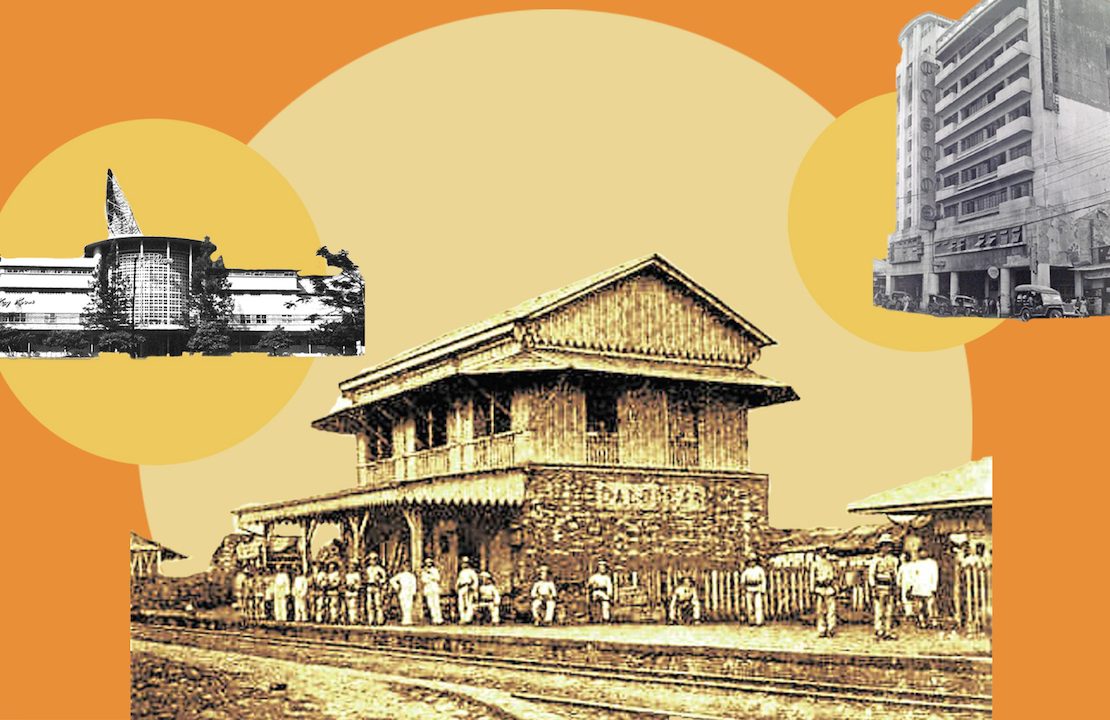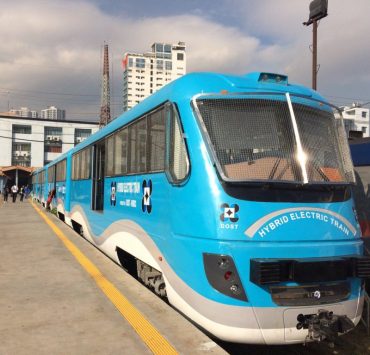R.A. 10066, or the Philippine Heritage Act of 2009 was signed by President Gloria Macapagal-Arroyo on Mar. 26, 2010 in hopes of broader protection for our local historical sites.
Under this law, the government and pertinent cultural and historical agencies are supposed to “conserve, develop, promote and popularize the nation’s historical and cultural heritage and resources, as well as artistic creations.” These include even undeclared but presumed important cultural properties by virtue of the following criteria:
- Works of Manlilikha ng Bayan
- Works of National Artists (unless declared by the Commission)
- Archeological and traditional ethnographic materials (unless declared by the National Museum)
- Works of national heroes
- Marked structures (unless declared by the National Historical Commission of the Philippines)
- Structures dating at least 50 years old
But despite these provisions, many structures are still demolished to give way to commercial spaces and establishments. In observance of the World Heritage Day, look back at some of the heritage sites we lost to “development” in the past few years.
Works of National Artists
Avenue Theater
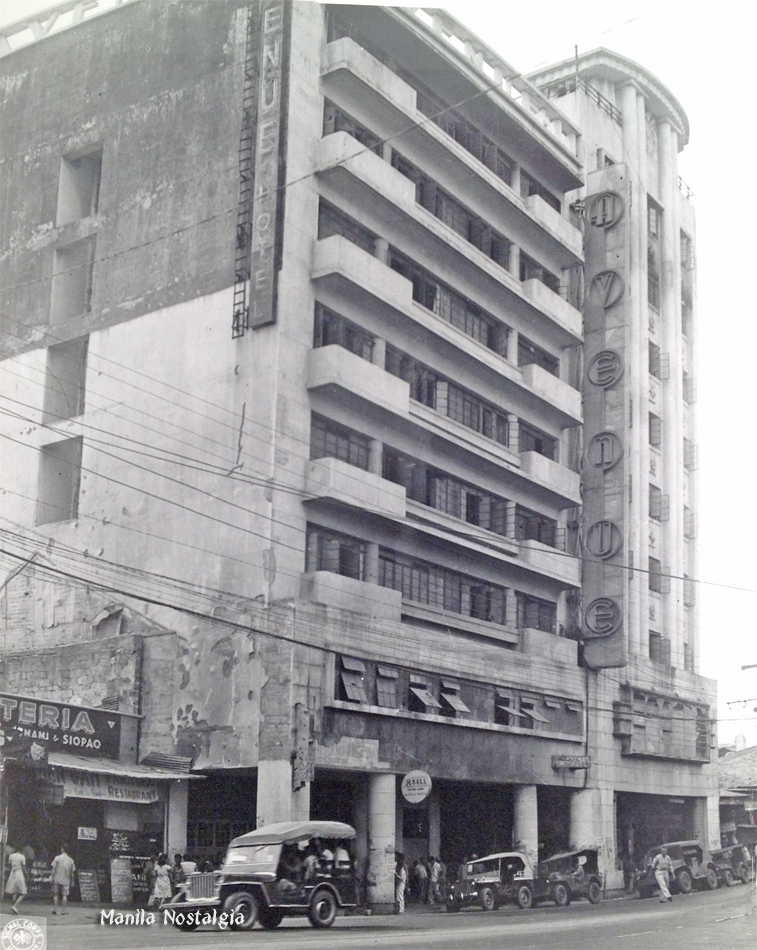
Location: Rizal Avenue (now Avenida)
Style: Art Deco
Date and Architect: 1930s National Artist for Architecture Juan F. Nakpil
Claim to fame: Once the venue for vaudeville acts and American movie premieres during the 1930s and 1940s.
Date Demolished: 2006 to accommodate a parking lot
Benguet Center
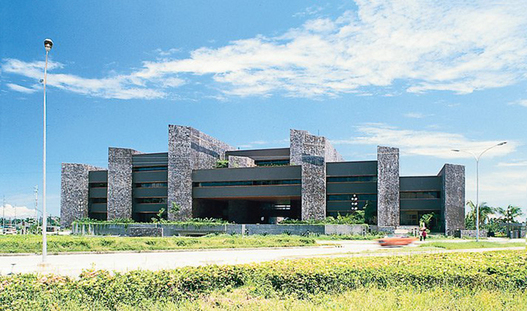
Location: Mandaluyong
Date and Architect: 1983 National Artist for Architecture Leandro Locsin
Claim to fame: Inspired by the Banaue Rice Terraces
Date Demolished: 2011. Part of The Podium now stands where it was
Mandarin Oriental Hotel
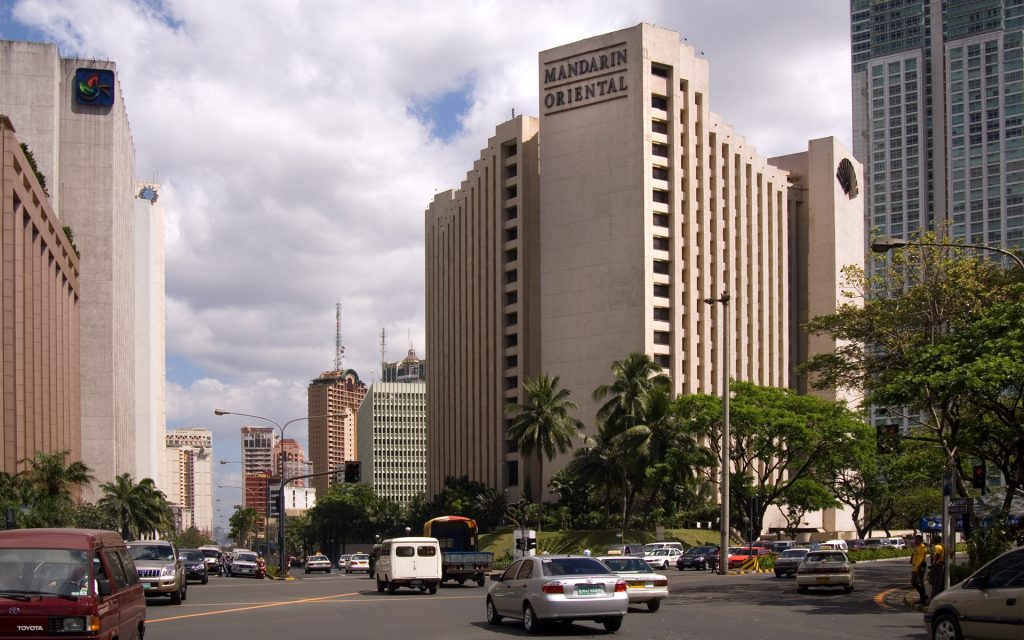
Location: Paseo de Roxas and Makati Avenue
Style: Brutalist
Date and Architect: 1976 National Artist for Architecture Leandro V. Locsin
Date demolished: November 2015
Carlos Palanca Mansion
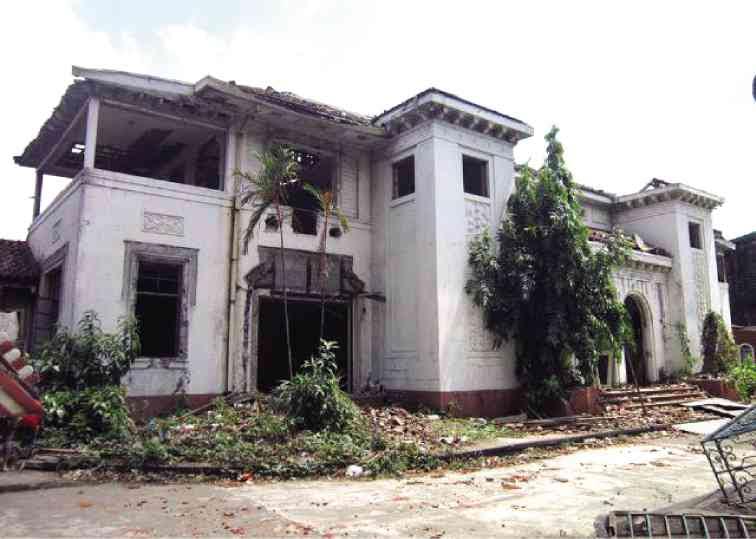
Location: Taft Avenue
Style: Tropical Mediterranean
Date and Architect: 1940s National Artist Pablo Antonio
Claim to fame: Grand residence of American-era liquor mogul Don Carlos Palanca
Date Demolished: July 2016, to make way for a condominium
Capitol Theater
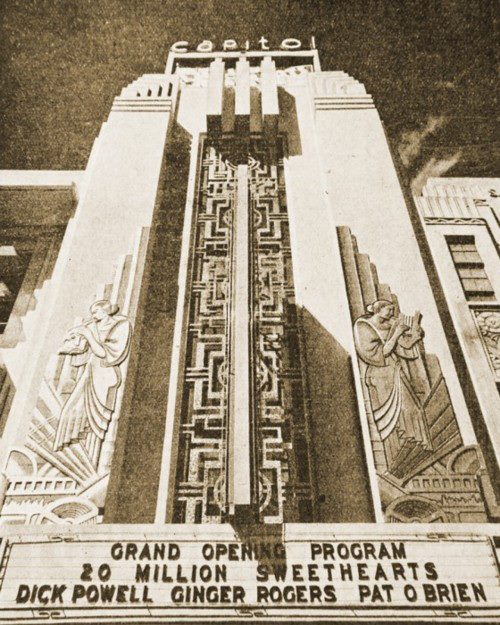
Location: Yuchengco St. cor. Escolta
Style: Art Deco
Date and Architect: 1935 National Artist for Architecture Juan F. Nakpil
Claim to fame: Manila’s Most Modern Theater
Date Demolished: September 2017 to give way to a high-rise building
Philbanking building
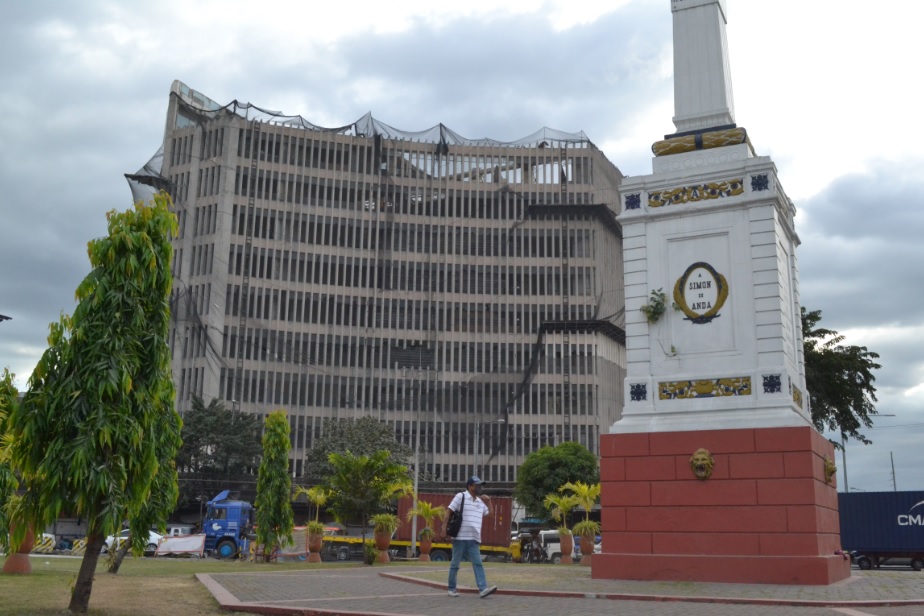
Location: Anda Circle in Port Area, Manila
Style: Brise Soleil / Modernism
Date and Architect: 1965 National Artist for Architecture Jose Ma. Zaragoza
Date Demolished: February 2018 following a state of dilapidation
Declared National Historical Landmarks
Manila Army & Navy Club
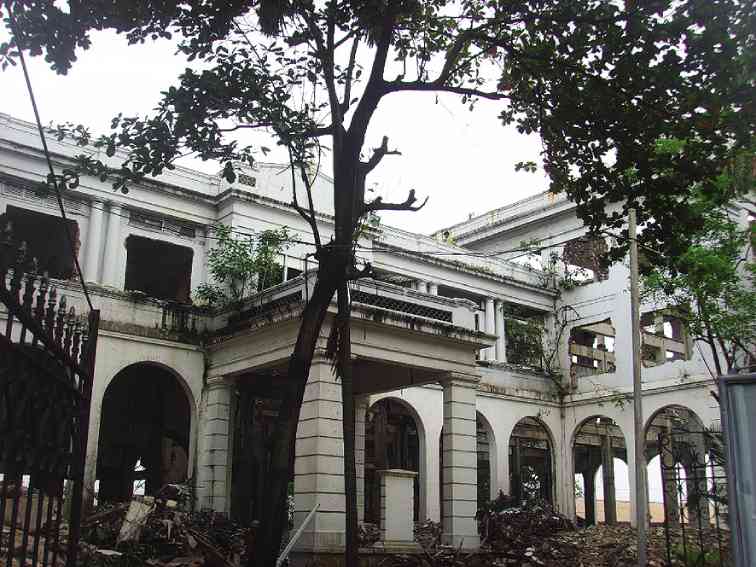
Location: Near Quirino Grandstand and Luneta
Date and Architect: 1898 William E. Parsons
Claim to fame: Declared a National Historical Landmark by cultural agencies in 1991
Date Demolished: 2014, when two annex buildings were demolished to give way to the Rizal Park Hotel in 2017
Part of a UNESCO World Heritage Site
Singson-Encarnacion house
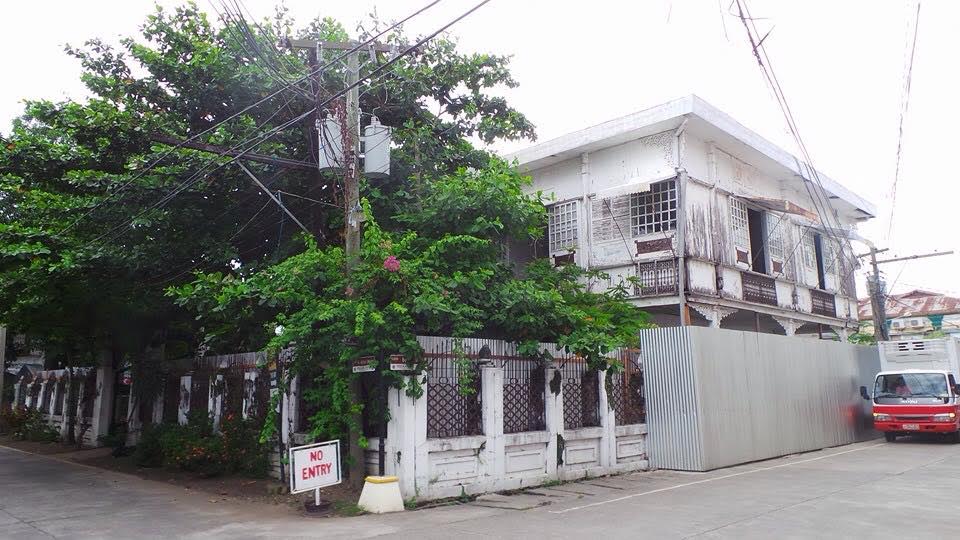
Location: Bonifacio cor. Calderon Sts. Vigan, Ilocos Sur
Style: Decorative woodwork/New Orleans/Floral
Date and Architect: 1900s
Claim to fame: Owned by Vicente Singson-Encarnacion, lawyer, businessman, senator of American-era Philippines from 1916 to 1922, and secretary of agriculture during the term of Governor General Theodore Roosevelt Jr. in 1932-1933. One of Vigan’s 200 heritage houses
Date Demolished: November 2016
Structures at least 50 years old
Jai Alai Building
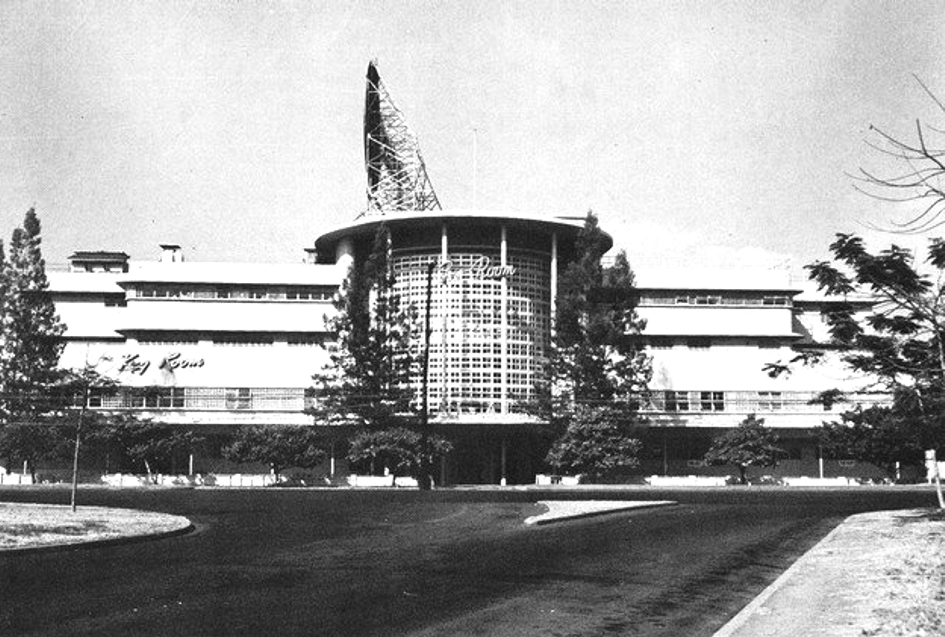
Location: Taft Avenue
Style: Art Deco
Date and Architect: 1930s Welton Becket
Claim to fame: Most beautiful of its kind during the time
Date Demolished: 2000s with the permission of then Manila Mayor Lito Atienza
Meralco Head Office
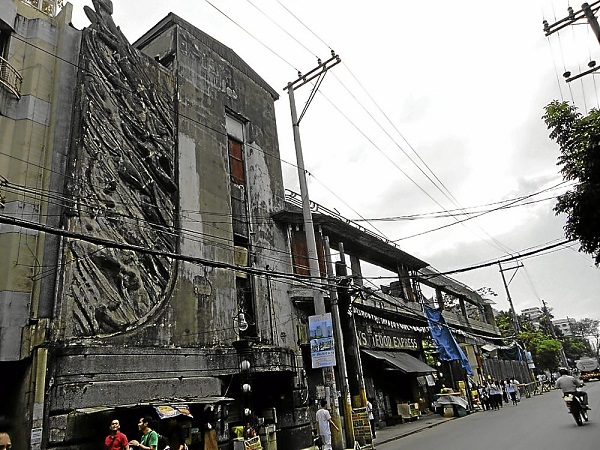
Location: San Marcelino St., Manila
Style: Art Deco
Date and Architect: 1936 Juan Arellano
Claim to fame: Relief sculpture “Furies” by Italian sculptor Francesco Riccardo Monti
Date Demolished: 2013
Admiral Hotel
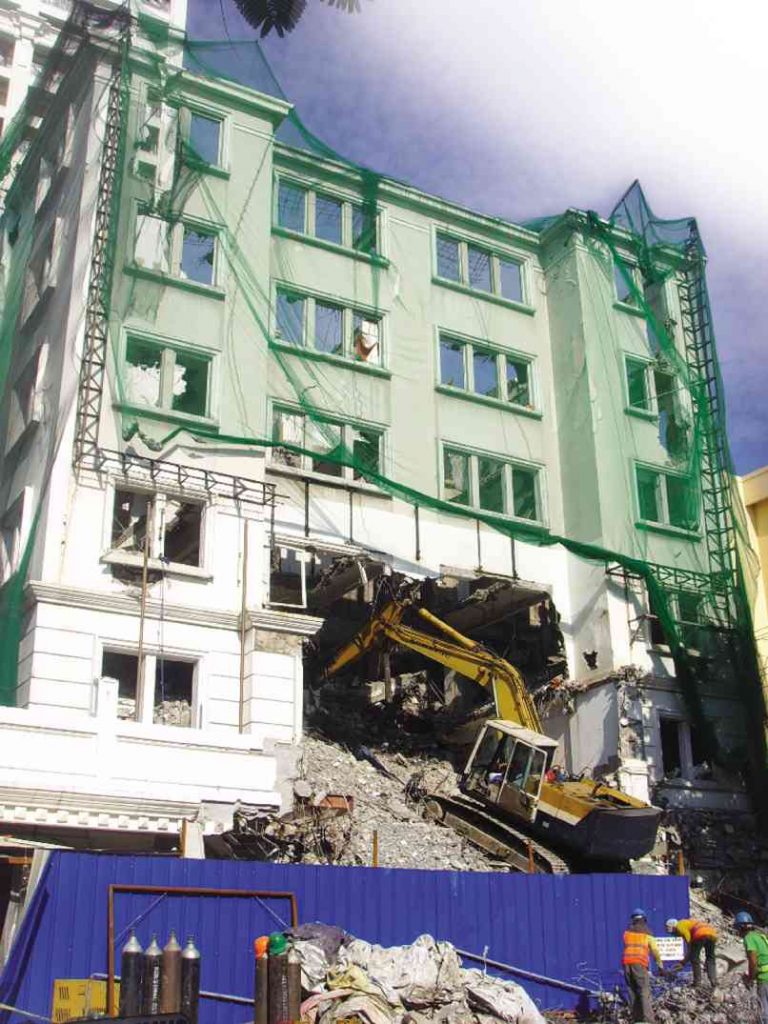
Location: Roxas Blvd. Malate, Manila
Style: Traditionalist/Revivalist
Date and Architect: 1939 Fernando H. Ocampo
Claim to fame: The Admiral Hotel was originally called Admiral Apartments and built by the Lopez-Araneta family. It was later renamed Admiral Hotel. Gen. Douglas MacArthur was one of its famous guests.
Date Demolished: September 2014
PNB Office
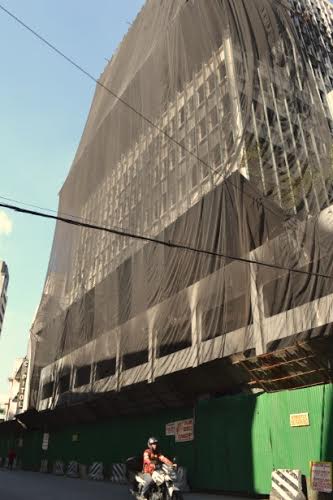
Location: Escolta
Style: International
Date and Architect: 1962 Carlos Arguelles
Claim to fame: Most expensive building in Manila during that period
Date demolished: 2016
Hospicio de San José accessoria
Location: Binondo, Manila
Style: Eclectic
Date and Architect: Early 20th century Arellanos Hermanos
Claim to fame: The last of its kind on Quintin Paredes (Rosario) Street
Date demolished: April 2017 to give way to a high-rise condominium building
Don José Tio Bonpua Sr. House
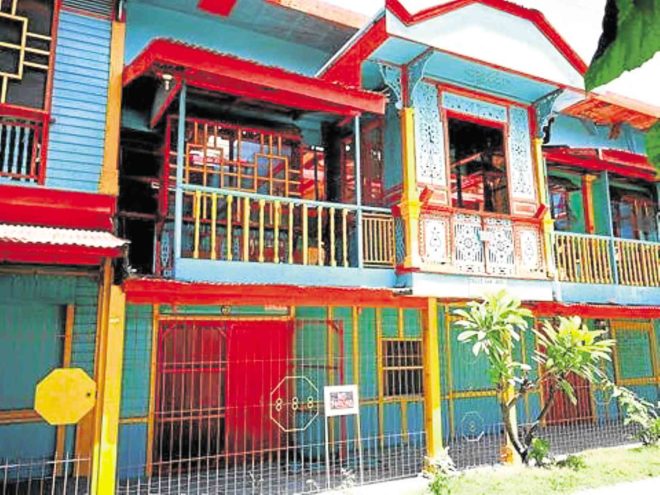
Location: Oslob, Cebu
Style: Eclectic
Date and Architect: 1919
Claim to fame: Also called Villa del Mar because of its nearness to the sea, it hosted Presidents Ramon Magsaysay, Carlos P. Garcia, and Diosdado Macapagal
Date demolished: June 2017
Philippine Su Kuang Institute
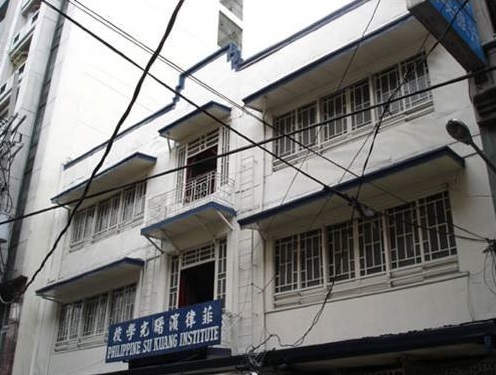
Location: Masangkay St. Binondo, Manila
Style: Art Deco
Date and Architect: 1933
Claim to fame: The last wooden Art Deco-inspired school in Binondo and possibly, in Manila
Date Demolished: August 2017
Tumagboc Bridge (Miag-ao Bridge)
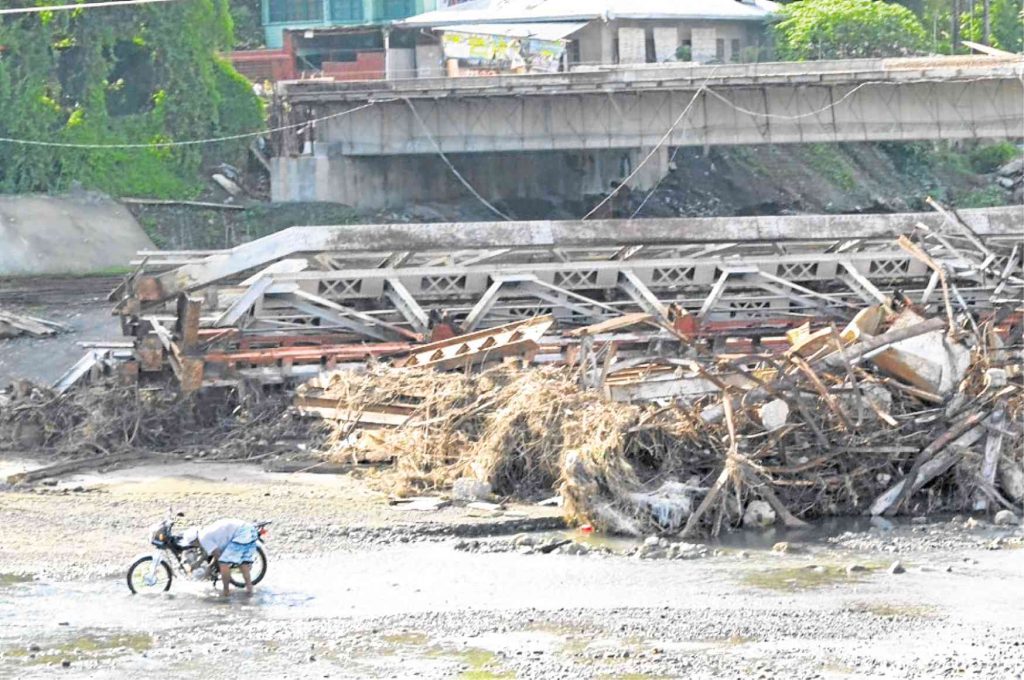
Location: Spans the Tumagboc River between the villages of Igtuba and Poblacion Style: Spanish-era Britanico Bridge
Date constructed: 1937
Date Demolished: June 2018 to give way to a DPWH road project
Aleonar Heritage house
Location: Carcar, Cebu
Date constructed: 1930s
Claim to fame: One of a number of heritage structures of the town described as a heritage area in the newly-published Cultural Center of the Philippines Encyclopedia of Philippine Art
Date demolished: Dec. 7, 2018, razed by fire
Spanish-era cemetery of Balaoan
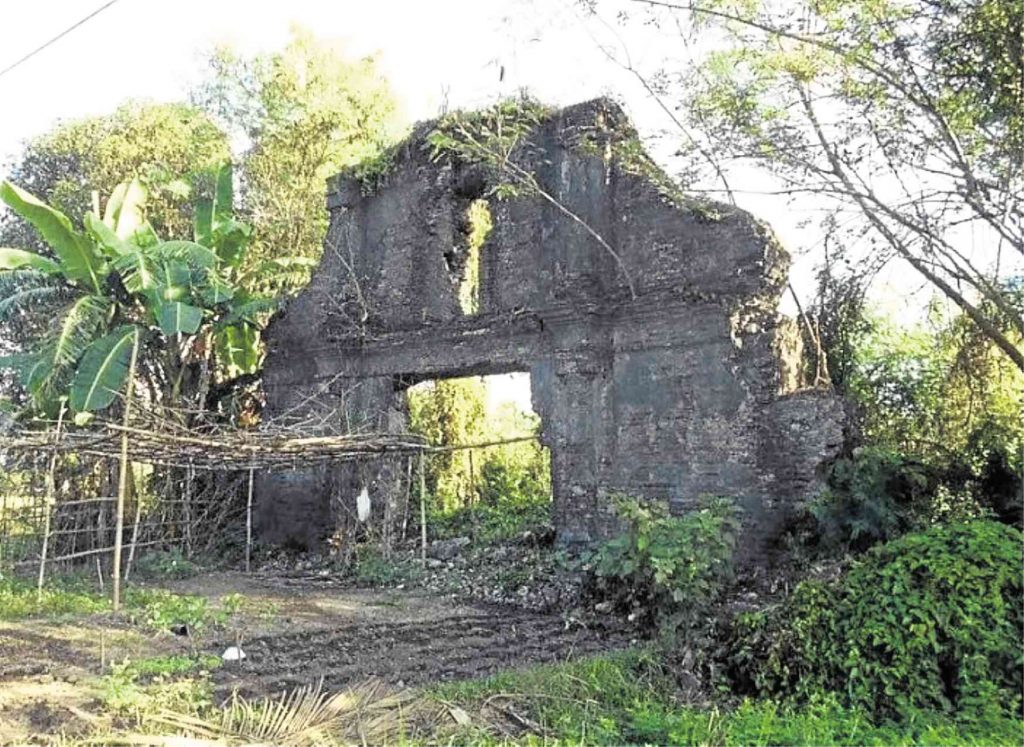
Location: La Union
Date and Architect: 1877 Fr. Casimiro Melgosa
Claim to fame: It was where the seven martyrs of Balaoan were executed by Spanish authorities during the 1896 Philippine revolution.
Date Demolished: 2018 and transformed into a cockpit
Uy Su Bin building
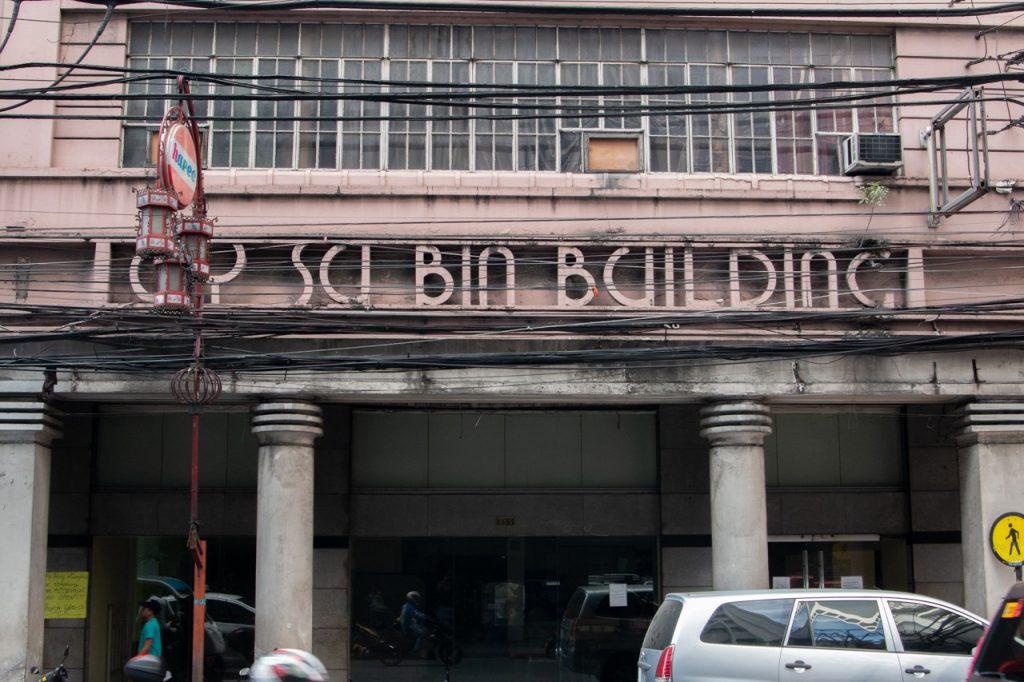
Location: Rosario St. Binondo, Manila
Style: Art Deco
Date and Architect: Constructed during Commonwealth Period
Date Demolished: 2019 (?)
Philippine Free Press building
Location: Avenida Rizal cor. Soler Quiapo, Manila
Claim to fame: “Philippine Free Press was founded in the early American period. The bylines of top writers like Nick Joaquin and Cesar Carunungan graced its pages before it was closed down by Ferdinand Marcos during martial law,” according to Inquirer.net.
Date Demolished: 2019(?)
Angela Apartments
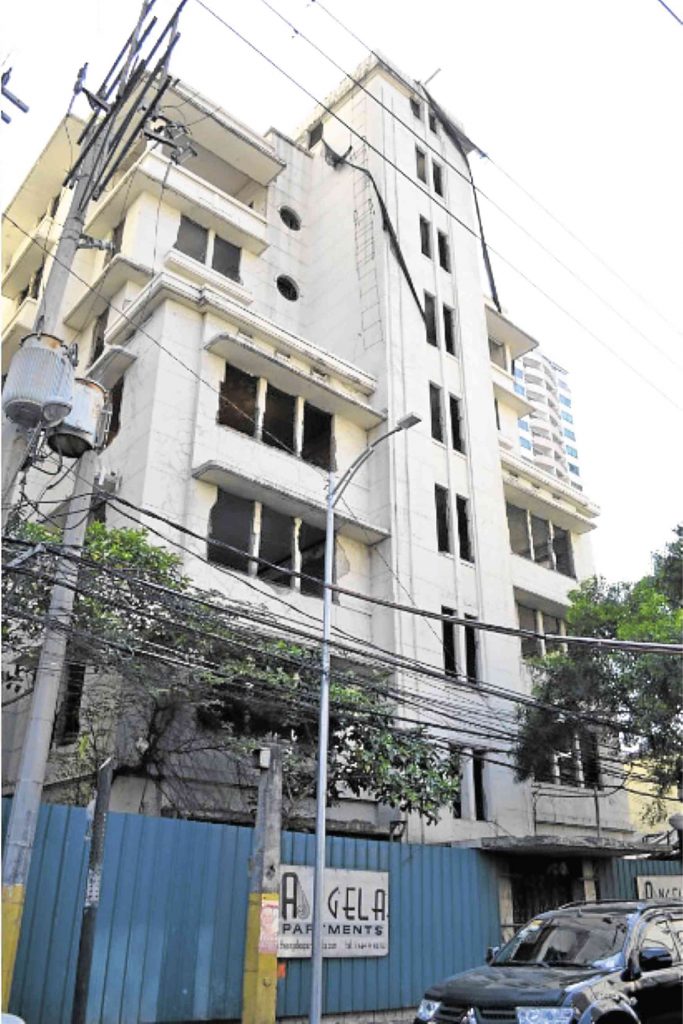
Location: M.H. del Pilar St. Malate, Manila
Style: Art Deco
Date and Architect: 1936 Fernando H. Ocampo
Claim to fame: “Fine example of prewar art deco apartment building popular at this period in the city’s history, progress and development.” -Jeremy Barns, National Museum
Date Demolished: February 2019
Old Manila Railways Co. (MRC) Caloocan Train Station
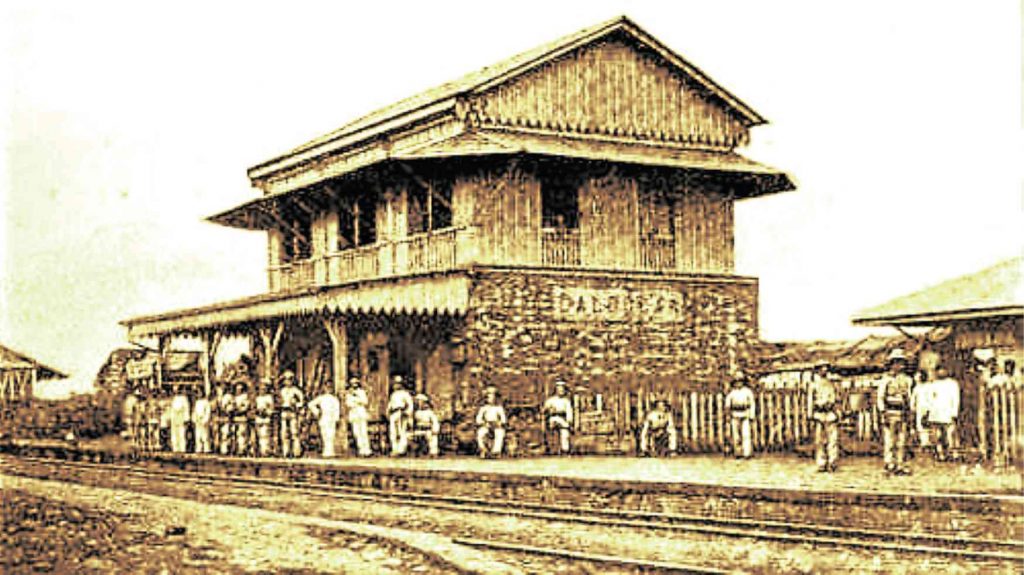
Location: Caloocan
Claim to fame: Used by Antonio Luna in sending telegrams during the war
Date Demolished: March 2019
Old GSIS building
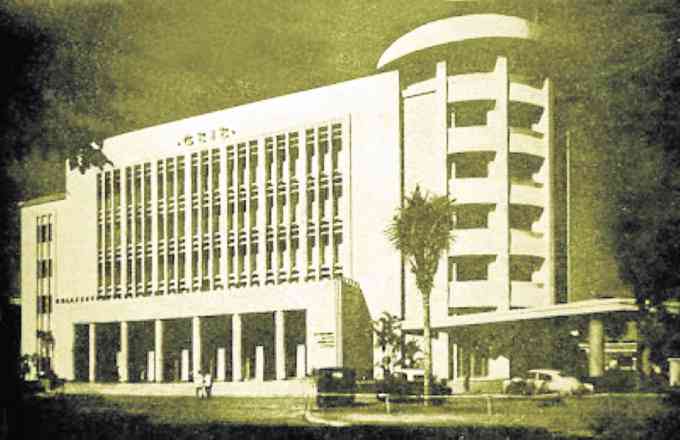
Location: Arroceros cor. Concepcion Sts., Manila
Style: Mix of Neoclassical and modernism
Date and Architect: 1957 designed by Federico Ilustre
Date demolished: Set for demolition to accommodate the proposed Manila Hall of Justice
Read more:
My great grandfather’s house will be a heritage site in China
The government blatantly lacks cultural heritage literacy. Here’s why
Homebound: Take a heritage tour around Binondo and Taal
Writer: CHRISTIAN SAN JOSE
ART MELANIE CHANG


